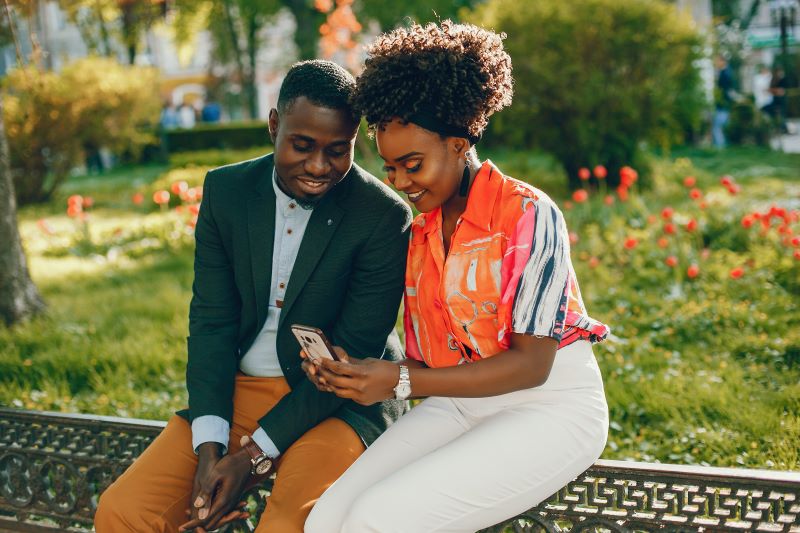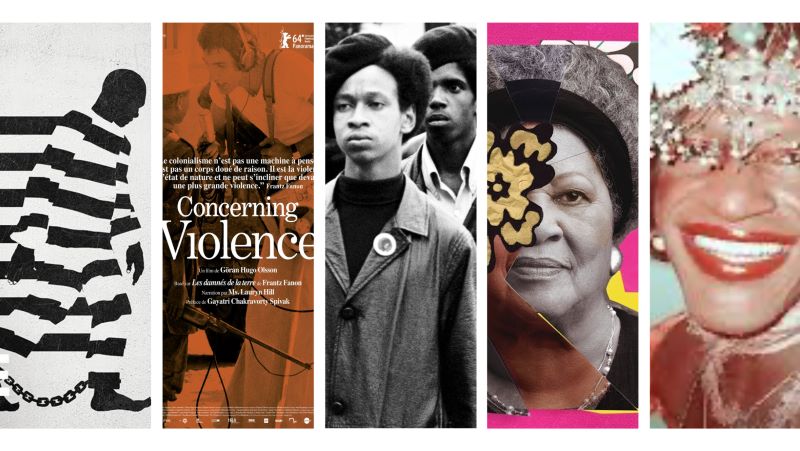Image by prostooleh on Freepik
Before Real Housewives of Atlanta made dating Nigerian men trendy, I was already knee-deep in jollof rice, WhatsApp calls with Lagos accents, and decoding the layered meanings behind “my dear.” It wasn’t just a phase. It was a vibe. A whole cultural immersion that made dating feel purposeful, passionate, and at times, hilariously unpredictable.
Let’s be clear: this was not some casual travel fling. This was a deliberate choice. While others were chasing bottle service in Miami or Paris photo ops, I was hopping between Lagos, Accra, and Abuja—on my own dime. Flights, lodging, and my peace of mind? All paid for, all worth it. With $4,000 to $7,000, you could get more than just a vacation. You could access a space where educated, well-mannered, and emotionally grounded Black men are the norm, not the exception.
It’s no accident that the elite set of African American women, lawyers, professors, entrepreneurs, and creatives, have been quietly crossing the Atlantic. We were tired of dating apps that treated us like last picks. We were not looking to be “understood.” We wanted to be recognized. And when we touched down in Nigeria, we found men who did not need convincing about our worth.
Why Nigeria? Why Now?
Nigeria, particularly cities like Lagos and Abuja, offers something different. It’s not just the men—it’s the energy. You meet guys named Tunde, Emeka, Chuka, or Femi. They are often polyglots, with degrees from UK or U.S. universities, and they greet you with phrases like “You’re welcome” instead of “Hey.” There is intention in their courtship. They want to know your people. They bring you suya and ask if you have eaten today. A subtle but loaded expression of care.
In stressful times, the connection becomes currency. Black women who can move freely, financially and mentally, are looking at the continent with fresh eyes. Whether it is through travel, romance, or business, Africa is no longer an abstraction. It’s real, relevant, and reachable. And for many of us, dating Nigerian men was the gateway drug.
The Food, The Names, The Respect
You haven’t lived until you have tried pepper soup while wiping your nose with the back of your hand or watched a man debate over whose mother makes the best egusi soup. Nigerian food is more than a meal—it is an experience. Spicy, generous, and always made to be shared.
And then there is the culture. If you are going to date a Nigerian man, respect matters. Calling him by name in public without a proper tone? That’s a no. Talking over him in front of his friends? Another no. Respect doesn’t mean submission—it is about mutual regard, especially in public. You will hear, “My woman represents me,” and while it may sound dated, there is pride in being seen, elevated, and appreciated.
Modern Love, Continental Style
There is something quietly radical about loving Black across borders. It forces both sides to confront their assumptions. For Nigerian men, it means letting go of rigid gender roles and appreciating the independence of African American women. For us, it means understanding that love can be structured differently—less about constant verbal affirmation, more about consistent acts of service.
I have learned that romance here might look like topping off your fuel tank, wiring money without being asked, or showing up unannounced with plantain chips and malt. The little things become big signals. And while not every relationship lasted, every experience added a layer to how I understood myself and my worth.
Let’s Talk About It
So, yes, I was dating Nigerian men before it became Instagram-trendy. Before it became brunch talk. Before #NaijaMan started trending. And I am here to tell you—it’s not about chasing exoticism. It is about reclaiming joy, safety, and value in a dating world that often forgets Black women deserve all three.
Now, let’s hear it: Have you dated across the diaspora? Are you curious but cautious? Or are you ready to book that flight and see for yourself?
Drop your thoughts below. We’re listening—and probably frying some plantains while we do.





